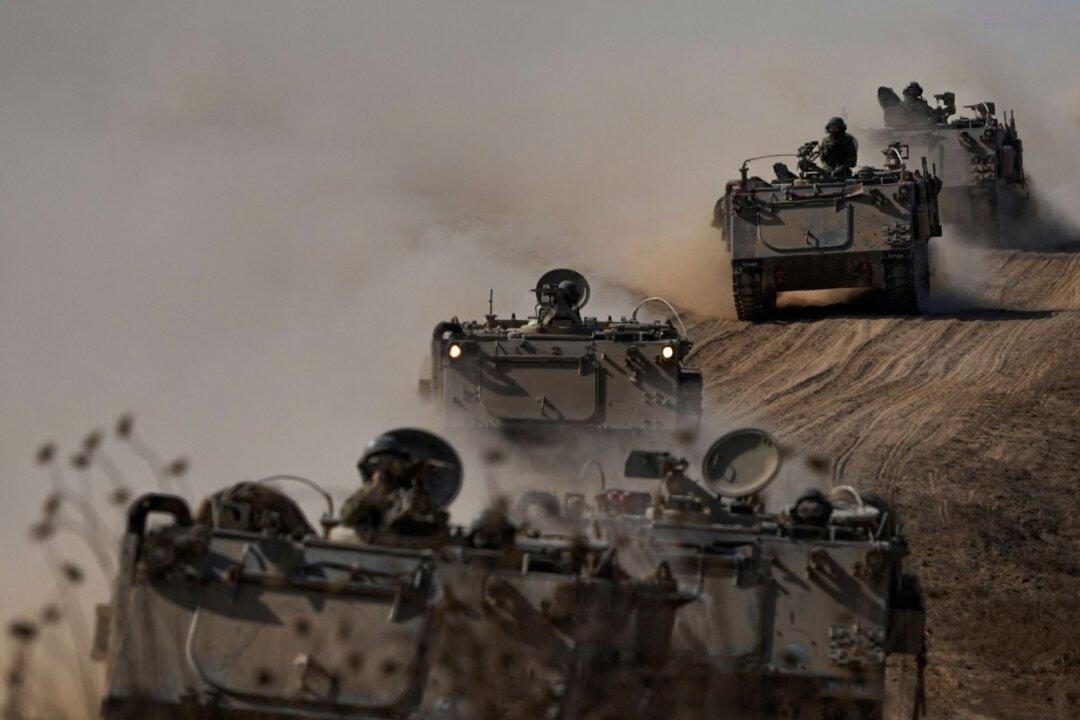Bestselling author and Bear Traps Report founder Larry McDonald has warned that the war between Israel and the Hamas terrorist group could be “extremely inflationary,” while lamenting that the decarbonization movement has led to dwindling oil patch investment and predicting that $250-per-barrel crude could be on the horizon.
Mr. McDonald made the remarks in an interview on Fox News, in which he said that the “massive stress” that is now gripping the Middle East would combine with an estimated $2 trillion investment shortfall in oil, gas, and key metals, raises the risk of oil prices soaring.





